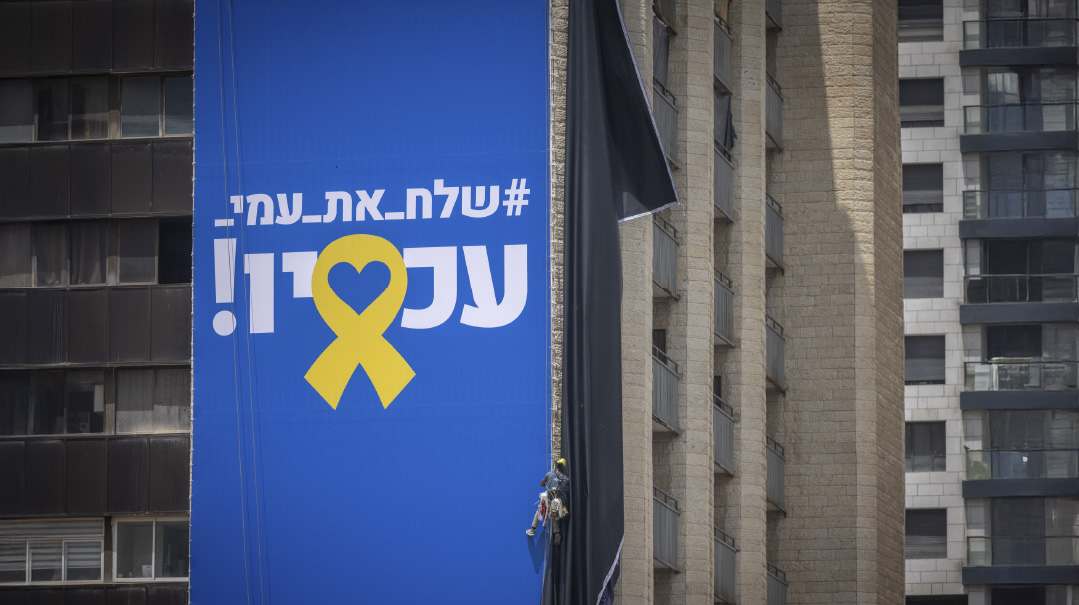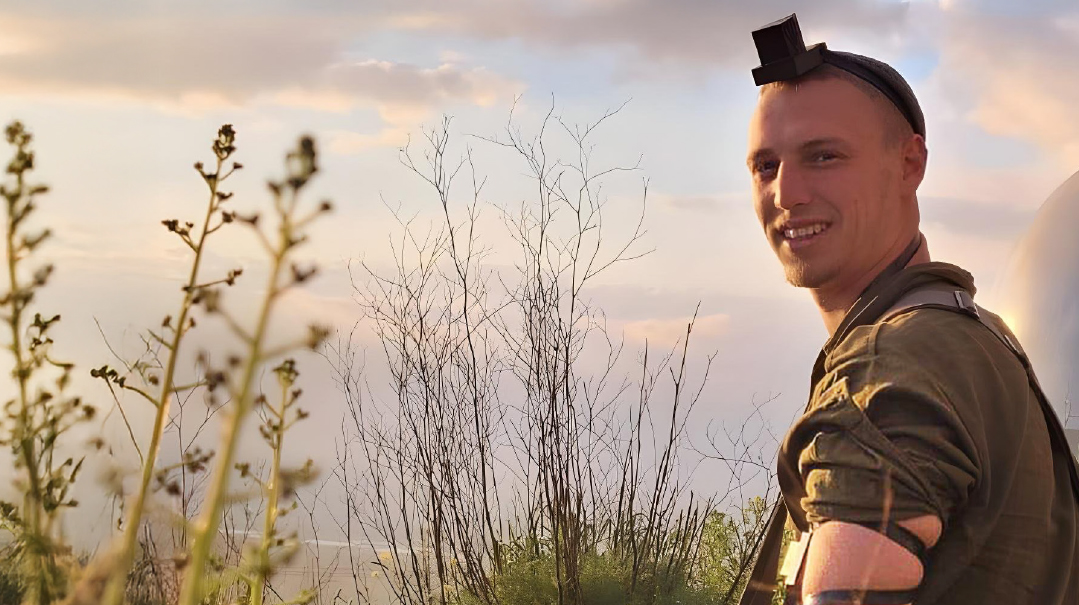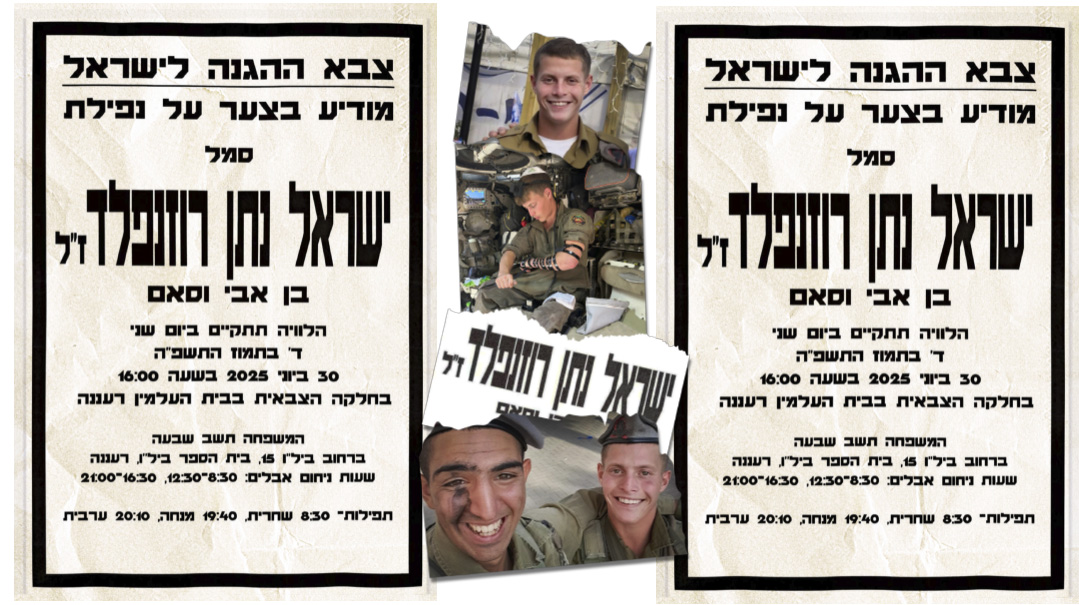Homecoming
| February 11, 2025Every part of this is complicated, is rife with mixed emotions

I consume every video greedily, my eyes glued to the families embracing, eyes red and heart full and empty and confused. Their tears could fill the ocean between us. Their smiles could make a cold heart beat. Our prayers, together, could light the world on fire.
After Yosef was found in Mitzrayim, Serach bas Asher had to gently, carefully break the news to her grandfather. After decades where he was believed lost, a son would return home. Yaakov Avinu, embracing a son after a long separation.
Before recent days, my mind was stuck on harps and wagons, on the drama of the story instead of that eternal, human moment of reunion. But lately, it’s all I can think about.
Millennia have passed, and our stories never change.
But not quite. Every part of this is complicated, is rife with mixed emotions. Psychological warfare, the pundits say knowingly, watching Hamas dole out information forged like a spear. They offer a hostage and then snatch her away, play games with the fate of babies, force girls to wave and smile in order to go home. I say mechayeh meisim in Shemoneh Esrei and I think of people who might still live, unbeknownst to all but the One Above.
Oops! We could not locate your form.







